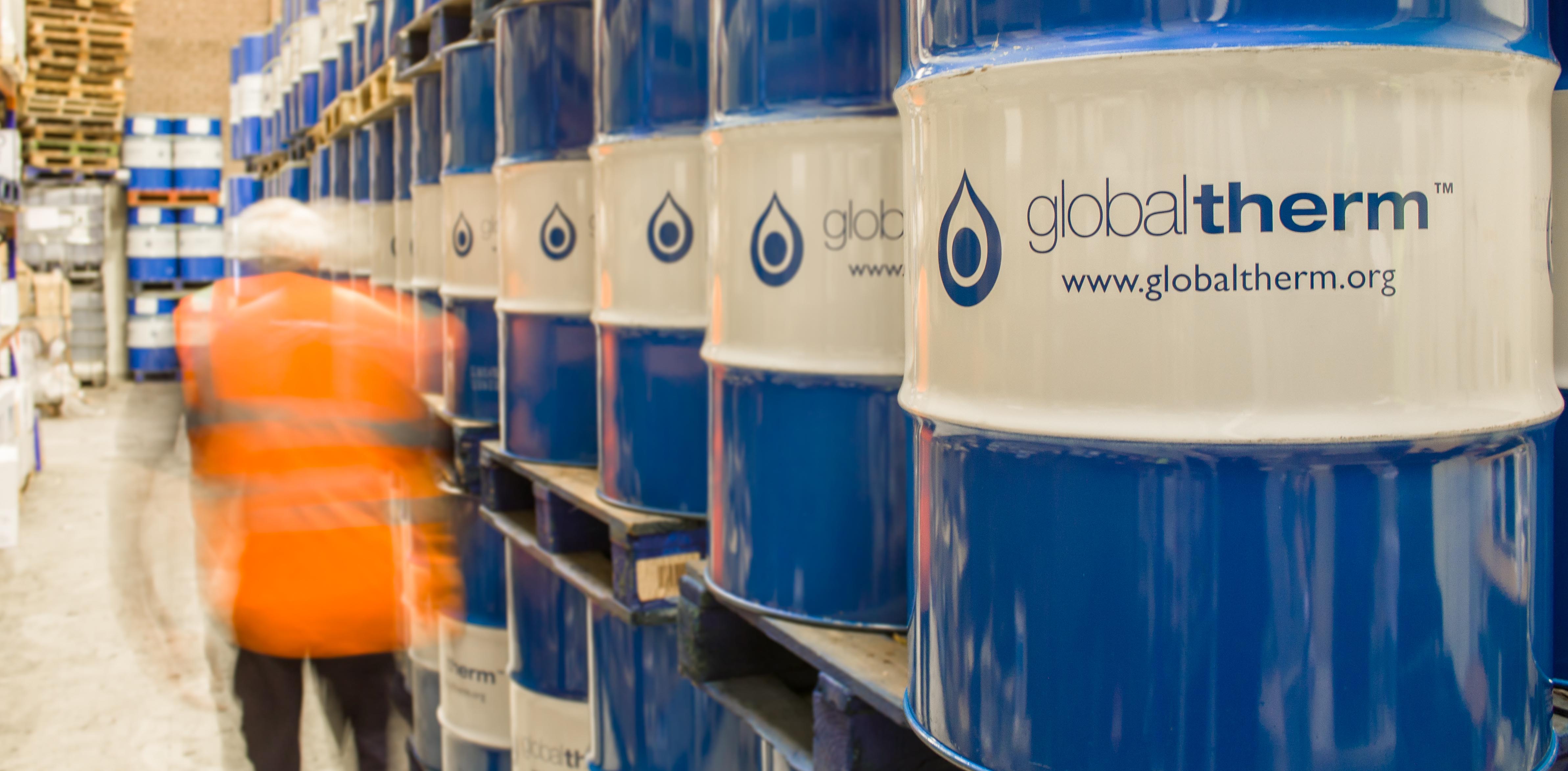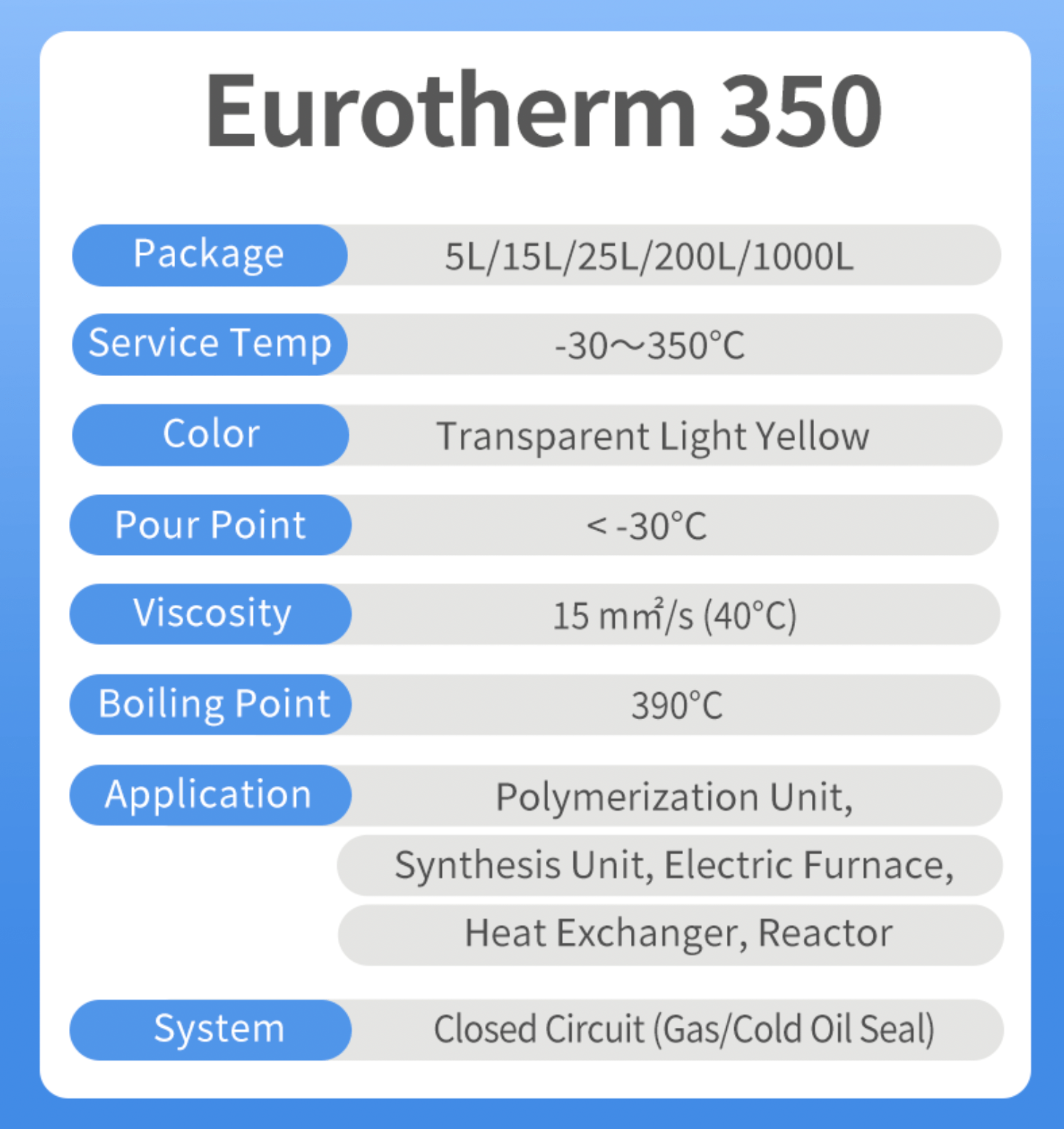Maximize Your System's Life-span With the Right Heat Transfer Fluid
Choosing the suitable heat transfer fluid is important for enhancing system efficiency and long life. The right liquid not only improves thermal efficiency yet also mitigates possible wear and tear on crucial parts such as pumps and warmth exchangers - dielectric cooling fluid. Recognizing the various kinds of heat transfer fluids and the specific requirements of your application can significantly affect the general health and wellness of your system. Numerous neglect key variables that could make a considerable difference. What considerations might you be missing that could ultimately affect your system's efficiency?
Value of Heat Transfer Fluids

Additionally, heat transfer fluids add to the security and integrity of thermal systems. Additionally, the ideal warmth transfer fluid can offer defense versus rust and scaling, additional extending the life expectancy of equipment and framework.
Kinds of Heat Transfer Fluids
Various kinds of heat transfer liquids are frequently used in industrial applications, each customized to certain functional requirements and temperature level arrays. The most common classifications consist of water, oils, and specialized artificial fluids.
Water is typically utilized as a result of its excellent thermal conductivity and accessibility; however, its constraints develop at heats and prospective freezing problems. For greater temperature applications, thermal oils, such as mineral oils or natural substances, are used. These oils supply exceptional thermal security and can operate properly at elevated temperature levels, making them ideal for procedures like food processing and petrochemical manufacturing.
Artificial fluids, which can be either organic or inorganic, are developed to satisfy particular efficiency criteria. They usually exhibit enhanced residential or commercial properties such as reduced toxicity, vast temperature varieties, and resistance to oxidation. Examples include glycols and esters, which are ideal for specialized applications like solar thermal systems and heat exchangers.
Additionally, cooling agents are utilized in cooling systems, leveraging their phase adjustment homes to launch and soak up warmth effectively. Each kind of heat transfer liquid offers unique advantages and is selected based on the certain demands of the application, making certain optimal efficiency and system long life.
Factors to Consider When Picking
Selecting the ideal warmth transfer fluid includes careful factor to consider of several factors to make sure optimal efficiency and system effectiveness. One of the key aspects is the temperature level variety needed for the system. Fluids differ in their thermal security and can decompose or shed efficiency outside certain temperature limits.
Another essential consideration is check my source the fluid's viscosity, as it impacts pump performance and power consumption. A liquid that is also viscous might prevent flow and increase functional expenses. Furthermore, the liquid's specific warmth capability plays a crucial function in determining exactly how effectively it can transfer warmth.
Chemical compatibility with system materials is likewise important to avoid rust, destruction, or leakages - silicone oil. Guaranteeing that the picked fluid is compatible with the building and construction materials can extend the life expectancy of the system

Advantages of Proper Fluid Option
Appropriate selection of a warmth transfer liquid returns substantial benefits for system performance and dependability. The ideal liquid enhances thermal conductivity, guaranteeing optimal heat transfer prices within the system. This effectiveness reduces energy intake, leading to lower functional expenses and a decreased environmental footprint.
Furthermore, ideal liquid option adds to system durability by stopping deterioration and deterioration of parts. Fluids developed with rust preventions secure metal surfaces, consequently prolonging the life-span of pumps, pipelines, and warm exchangers. Furthermore, choosing a fluid with appropriate viscosity makes sure effective blood circulation, which is important for keeping consistent temperature circulation throughout the system.
Another crucial benefit is the fluid's thermal security. A stable warm transfer liquid can operate over a broad temperature range without damaging down or shedding efficiency, which is vital for systems exposed to fluctuating thermal problems. Moreover, the best fluid can likewise mitigate dangers related to freezing or boiling, thus preventing operational interruptions.
Upkeep Tips for Longevity
Ensuring the longevity of a warm More about the author transfer system calls for thorough maintenance techniques that match the advantages of appropriate liquid choice. Routine assessments are vital to determine possible leaks, corrosion, or sediment accumulation that could compromise system efficiency. Develop a routine timetable to examine pipeline integrity, links, and installations, as these locations are often vulnerable to tear and use.

Keeping track of fluid degrees and high quality is just as essential. Routinely check for indicators of contamination, such as discoloration or particulate matter, which can indicate deterioration of the heat transfer liquid. Applying routine fluid analysis can offer understandings right into its chemical properties, enabling prompt replacements when required.
Additionally, keeping optimum operating temperature levels is essential. Urge making use of temperature level controls and sensing units to prevent overheating, which can accelerate fluid deterioration and damages system components.
Lastly, constantly comply with the supplier's standards concerning liquid substitute periods and upkeep methods. By dedicating to these ideal techniques, you can considerably improve the operational lifespan of your warm transfer system, making certain dependable performance and reducing the demand for premature replacements or pricey repair services.
Verdict
Finally, the choice of an ideal heat transfer fluid is critical for enhancing system effectiveness and longevity. By recognizing the numerous sorts of liquids and thinking about crucial elements such as thermal conductivity and rust resistance, optimal performance can be accomplished. Furthermore, normal maintenance and evaluations play a vital role in sustaining operating conditions. Prioritizing these elements makes certain the extended life expectancy of essential components, inevitably adding to an extra efficient and reliable system.
Heat transfer liquids play a vital role in various commercial and commercial applications by promoting the reliable transfer of heat in i thought about this between surfaces.In addition, heat transfer liquids contribute to the safety and security and integrity of thermal systems. In addition, the fluid's certain heat capacity plays an essential duty in figuring out just how successfully it can transfer heat.
The best fluid enhances thermal conductivity, making certain optimal heat transfer rates within the system. A secure heat transfer liquid can operate over a vast temperature array without damaging down or shedding effectiveness, which is vital for systems subjected to changing thermal problems.